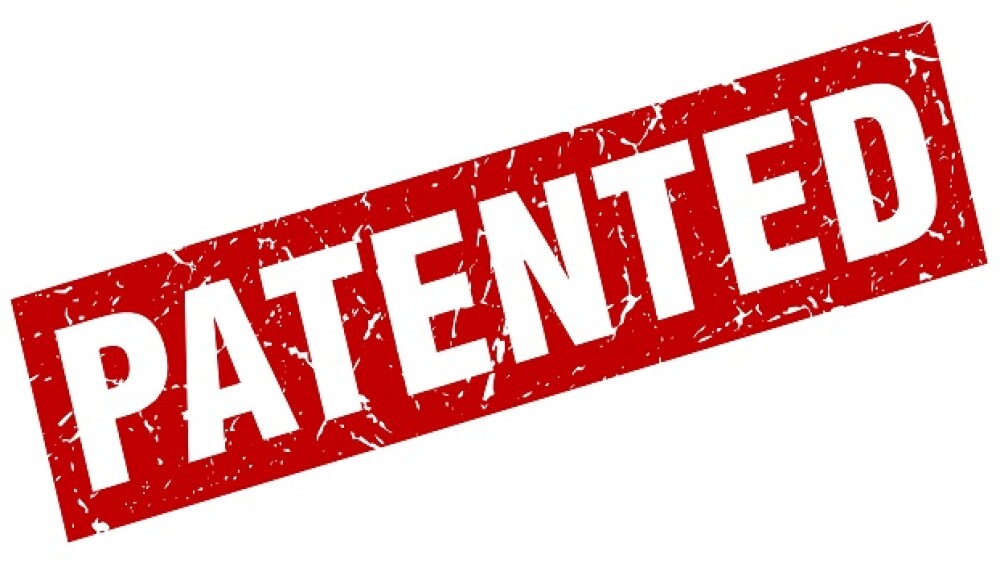If a brand name drug loses patent protection, that often marks the date when companies can begin marketing generic versions of the drug. However, this has grown more complicated with the approvals of biosimilars.
On one level, if a brand name drug loses patent protection, that often marks the date when companies can begin marketing generic versions of the drug. However, this has grown more complicated with the approvals of biosimilars. Biosimilars are essentially generic versions of biologic drugs, but the difference is they are “similar” rather than the same drug. As a result, there is a more complicated approval process, which can add months and sometimes years to the biosimilar launch. And some biopharma companies have negotiated longer timelines with their biosimilar competitors, and patent battles are common.
All of which is a way of saying that although these 15 drugs’ patents expire in 2018, their generic or biosimilar competitors may not necessarily hit the market this year. Here’s a look at the top 10.
#1. Genentech and Biogen’s Rituxan. The drug is prescribed for blood cancers and rheumatoid arthritis. In 2017, it brought in $4.41 billion. Analysts are expecting biosimilars to launch in the middle of this year, probably in the third quarter. Several companies are planning biosimilars, including Pfizer, Mylan and Amgen.
#2. Amgen’s Neulasta. Neulasta is used to increase white blood cells in patients undergoing chemotherapy. In 2017, the drug raked in $3.93 billion. Mylan and Sandoz are likely to come out with biosimilars. The U.S. Food and Drug Administration (FDA) rejected Mylan’s biosimilar in October 2017, although it was related to manufacturing issues with Mylan’s partner, BioCon. That’s likely to be resolved soon. Other companies working on generics of Neulasta include Coherus, Pfenex and Pfizer, with biosimilars hitting the market by the end of this year.
#3. Pfizer’s Lyrica. Lyrica’s patent ends in December, although Pfizer is working to get an extension for pediatric exclusivity. If they get it, it will only push competition down the road six months or so. The drug was approved in 2004 and is used to treat nerve and muscle pain. Last year it brought in $3.46 billion, but it’s been a blockbuster for almost 14 years and the loss of patent protection is a big loss for the company.
#4. GlaxoSmithKline’s Advair. Prescribed for asthma and chronic obstructive pulmonary disease (COPD), Advair brought in $2.23 billion in U.S. sales last year. The drug actually lost patent protection in 2010, but companies haven’t come up with copycats because the product uses the Diskus inhaler, which is difficult to copy. It’s so difficult to copy, in fact, that the FDA set up special guidelines for generic approvals, but companies are still having difficulties meeting their guidance. Some companies, such as Teva Pharmaceuticals, have given up completely. Others that have been rejected include Mylan, a group from Hikma-Vectura, and Sandoz. As a result, it’s not really clear when there will be generic competition, although many think Mylan will come up with something in the next year or so.
#5. Roche and Novartis’ Xolair. Prescribed for allergic asthma and chronic idiopathic urticaria, Xolair loses a key patent this year, although at this time it’s not clear if there are any pending biosimilars on the near horizon. Glenmark and Sorrento are working on it, but neither have filed with the FDA. Novartis’ has additional patents for the drug’s syringe formulation that don’t expire until 2021 and 2024.
#6. Amgen and Johnson & Johnson’s Epogen/Procrit. As a treatment for anemia, the drug brought in $1.77 billion in the U.S. last year. Biosimilars have been on the market in Europe for about a decade, but the U.S. biosimilars market lags behind Europe significantly. Biosimilars are expected on the market in the U.S. sometime this year. The most likely to come up with a biosimilar is Pfizer. Sandoz has a biosimilar in Europe, but no longer appears to be developing it for the U.S. market.
#7. Allergan’s Restasis. In 2017, Restasis brought in $1.41 billion in U.S. sales for dry eye. Competition is eminent, with most expecting generics to hit the market between April and July of this year. Allergan has been involved in a highly criticized patent deal for Restasis. It inked a licensing deal with the Saint Regis Mohawk Tribe in the U.S., hoping that tribal sovereignty would protect the patents, but the courts struck it down. No generics have won approval yet, however, although Akorn, Mylan, Teva and Pfizer’s Innopharma have generic applications pending.
#8. Eli Lilly’s Cialis. Lilly’s Cialis is prescribed for erectile dysfunction—that’s the one whose advertising campaign has a man and a woman in separate bathtubs outdoors. In 2017, it brought in $1.359 billion in U.S. sales. The patent expires on September 27. Teva, Sun Pharma and Aurobindo are seeking generic approvals.
#9. Amgen’s Sensipar. Amgen’s drug, which is used to cut calcium levels, brought in $1.347 billion last year. The patent expired on March 8. But it also has a formulation patent that the company is using to defend the drug. It is also fighting with the FDA over pediatric exclusivity. The FDA has already approved copycats from Cipla and Aurobindo, although it’s not clear when they will hit the market.
#10. Johnson & Johnson’s Zytiga. Used to treat prostate cancer, Zytiga earned $1.228 billion in 2017. Its patent expires October 2018. J&J executives are arguing they won’t face competition this year, although Vamil Divan, an analyst with Credit Suisse disagrees. In January, J&J lost an inter partes review (IPR) challenge before the U.S. Patent Trial and Appeal Board (PTAB) by Argentum Pharmaceuticals against the 2027 patent. This would make it eligible for copycats this year, but J&J doesn’t see it happening. Divan thinks it will.
The remaining five patents facing expiration this year and possible generic/biosimilar competition include Gilead’s Letairis for pulmonary arterial hypertension; United Therapeutics’ Remodulin for pulmonary arterial hypertension; Merck’s NuvaRing, a contraceptive; Acorda Therapeutics’ Ampyra for multiple sclerosis; and Allergan’s Namenda XR for dementia.





